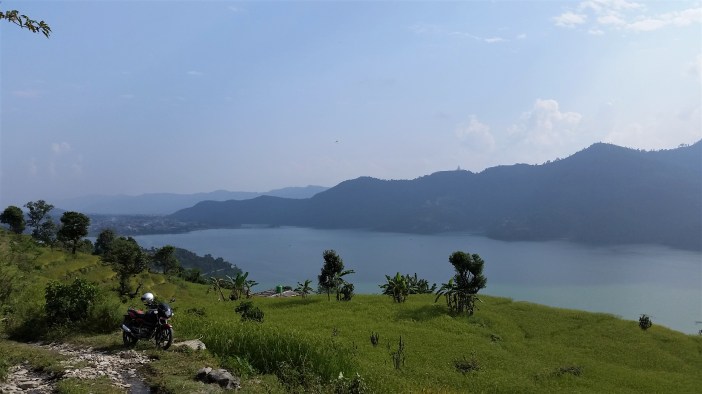It’s been a hard month-plus for a lot of us since Trump was inaugurated, and as my friend Joanna jokes, whenever I run into trouble, I turn to books. In my last reading list, which I posted shortly after the U.S. election, I suggested five books to read on race. This time, I’m focusing on feelings.
One of the best things stories offer us is a chance to walk around in someone else’s skin. As President Obama so rightly noted when describing the importance of reading in his life and presidency, books allow us “the ability to slow down and get perspective” and “the ability to get in someone else’s shoes”—and if we need nothing else at this time, it’s certainly more empathy. (The full transcript of Obama’s interview with the New York Times about books and reading is beautiful and available here.)
So here are some of the things I’ve read recently that have given me feels and made me feel more human. I hope you might be moved by them, too.
 I’m gonna be honest—this is my second time reading this book, and I read it before the election results were announced. I’d filled out my absentee ballot. I’d scanned and sent it from the lovely Airbnb home I was staying at in Pokhara, Nepal. Trump wasn’t even on my radar.
I’m gonna be honest—this is my second time reading this book, and I read it before the election results were announced. I’d filled out my absentee ballot. I’d scanned and sent it from the lovely Airbnb home I was staying at in Pokhara, Nepal. Trump wasn’t even on my radar.
But Nepal was a weird time for me. I was overwhelmed by Kathmandu, unsure about how to face the legacy of colonialism in the Indian subcontinent that I’d just traveled through, confused about how to deal with my economic privilege in the midst of a lot of poverty, and had been on the road for almost six months.
I’d retreated to Pokhara for a couple weeks, to a lovely rustic property up the hill from Phewa Lake, to write and regroup. As much as I needed the quiet time, I was simultaneously struck by a feeling of aloneness (with the good and bad that goes with it) and self-defeating doubt.
I hadn’t felt invested in my fiction writing in a long time. I doubted the usefulness of stories. I didn’t know where my voice had gone, or why.
So, I turned to Let the Great World Spin, a book that I’ve counted as one of my favorites since I first read it a few years ago. So often, I’ve viewed literary fiction as a place of sadness; so infrequently have I found literary fiction that puts some hope in the bottom of the box.
Let the Great World Spin is an aching, dizzying, resonating piece that does just that—while sorting through realms of grief, longing, loneliness, and connection. Told through multiple viewpoints, McCann takes the reader deep into the lives a series of narrators who are connected by a thin thread (thicker for some than others) via the moment in 1974 when a man strung a tightrope across the World Trade Center towers in New York and walked across it. Each voice layers on top of the other, giving each greater meaning, and pulling the reader across space and time, into living rooms and antique cars and subway tunnels and the tops of towers, inviting us in for coffee, inviting us to share in one another’s grief and, in the end, to land on love.
Let the Great World Spin reminds me of how intimately we are connected, how deeply grief and loss can affect us, and how love and empathy can draw us through the even darkest of times. Continue reading “The Traveling Bookshelf: Five Books to Make You Feel” →




 I’m gonna be honest—this is my second time reading this book, and I read it before the election results were announced. I’d filled out my absentee ballot. I’d scanned and sent it from the
I’m gonna be honest—this is my second time reading this book, and I read it before the election results were announced. I’d filled out my absentee ballot. I’d scanned and sent it from the